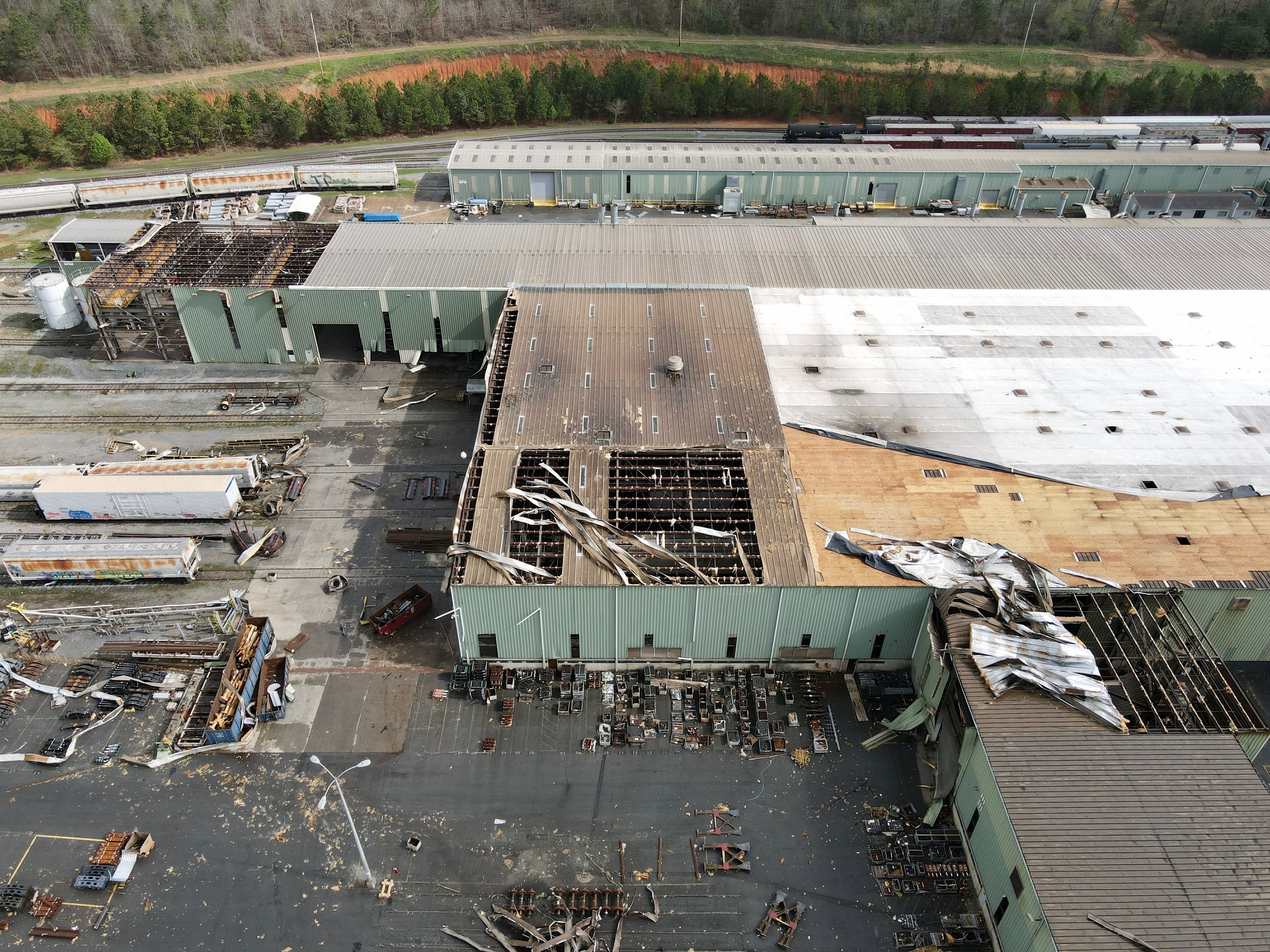Every property carries a story, and not all of it is visible at first glance. Before purchasing or leasing, buyers and investors typically go through a structured review process called Commercial Real Estate Due Diligence. This process is designed to uncover potential risks, confirm the property’s condition, and ensure the transaction aligns with expectations. While details differ from deal to deal, due diligence remains one of the most important steps in protecting a business investment.
What Does Due Diligence Mean?
Commercial Real Estate Due Diligence is the comprehensive investigation of a property before finalizing a sale or lease. It involves reviewing financial, legal, physical, and operational details to confirm that the information provided about the property is accurate and complete. The process helps stakeholders make informed decisions and reduces the likelihood of surprises after closing.
Key Areas of Focus
A thorough due diligence process in CRE typically covers several categories:
-
Title and Ownership – Reviewing title records to confirm ownership and identify any liens, easements, or encumbrances.
-
Environmental Assessments – Checking for environmental risks through Phase I or Phase II assessments, depending on the property’s history.
-
Physical Inspections – Evaluating the building’s structure, systems, and overall condition, including HVAC, roofing, and compliance with building codes.
-
Financial Records – Analyzing rent rolls, operating expenses, tax history, and service contracts to understand income and obligations.
-
Zoning and Legal Compliance – Ensuring the property’s use aligns with zoning regulations and that there are no outstanding legal issues.
Why Due Diligence Matters in CRE
The due diligence period allows buyers and tenants to validate their assumptions before committing to a transaction. For example, if environmental concerns are discovered, or if lease audits reveal unexpected tenant obligations, parties can negotiate adjustments or address issues before closing. Lenders also rely on due diligence findings when determining loan terms and conditions.
The Timeline
The duration of CRE due diligence varies but is typically outlined in the purchase and sale agreement or lease. This period provides a window for reviews, inspections, and clarifications. Meeting deadlines is critical, as findings often determine whether a transaction proceeds as structured or requires adjustments.
A Collaborative Effort
Commercial Real Estate Due Diligence usually involves multiple professionals, including attorneys, environmental consultants, engineers, and brokers. Their combined expertise helps ensure that no critical detail is overlooked. By the time due diligence concludes, buyers and investors have a clearer, more accurate picture of the property they are acquiring.
Citations
Disclaimer
This content was prepared by the Keyser editorial team. It is provided for educational purposes only and should not be construed as legal or financial advice





